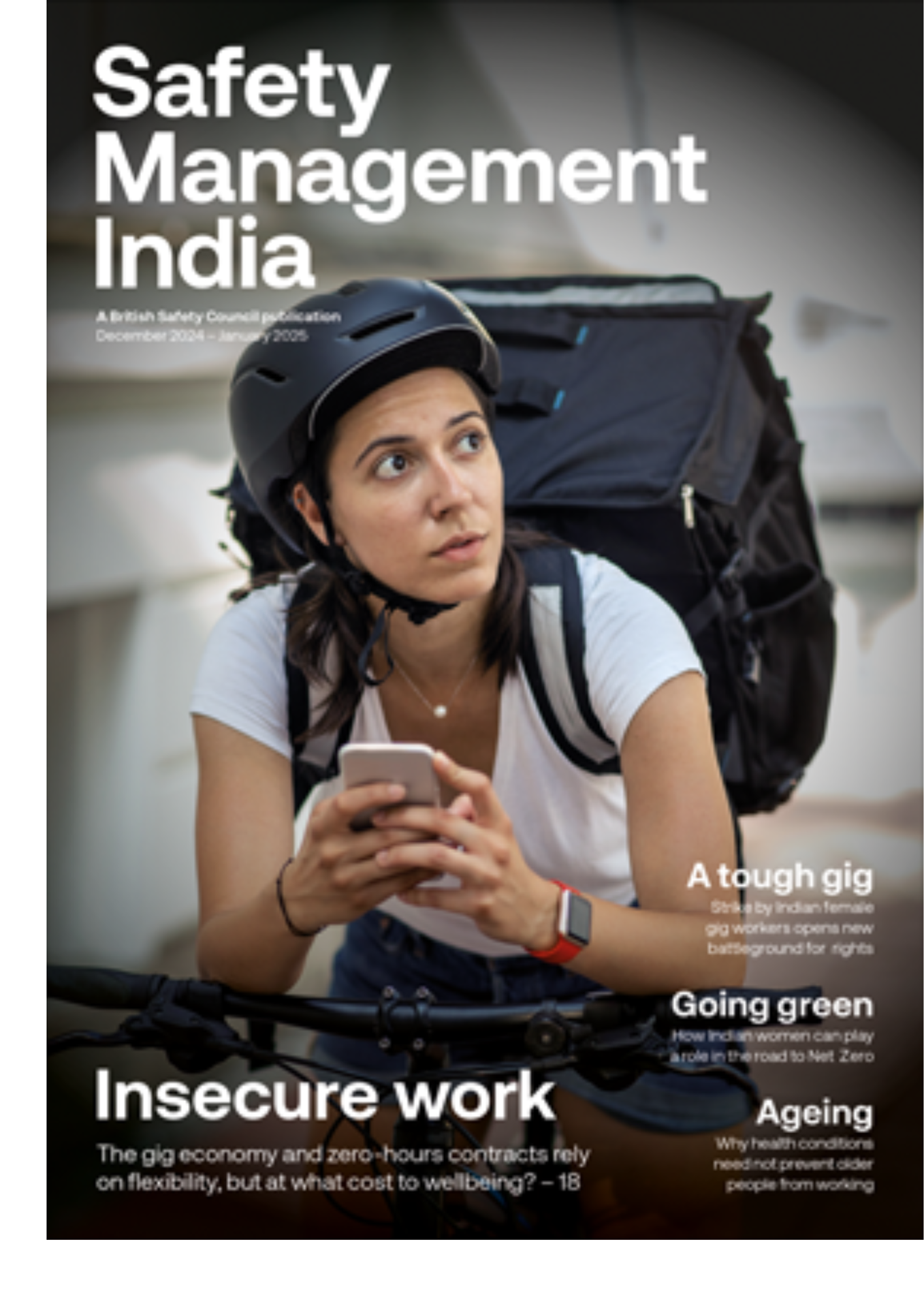Demands are growing for employers to put more measures in place to protect lone workers and customer-facing staff amid a rising tide of violence and intimidation, according to personal safety charity Suzy Lamplugh Trust and employee safety solutions provider Peoplesafe.
News
Employers urged to do more to protect workers’ personal safety
Speaking on a 19 March webinar to discuss how to create safer work environments and protect employees from harassment and aggression, Arad Parsi, head of business development and partnerships at the Suzy Lamplugh Trust, said that many organisations did not have personal safety policies in place for their staff.
 One in three women working in the professional services sector felt unsafe travelling home after working late, according to a Peoplesafe-commissioned survey. Photograph: iStock/Zbynek Pospisil
One in three women working in the professional services sector felt unsafe travelling home after working late, according to a Peoplesafe-commissioned survey. Photograph: iStock/Zbynek Pospisil
Under Management of Health and Safety at Work Regulations, lone workers must be included in a company’s general risk assessment. However, increased levels of violence and harassment – particularly against workers who deal with members of the public – have led to a growing demand for employers to implement separate personal safety policies, said Parsi.
The Association of Convenience Stores published figures on 4 March showing that the UK’s local shops recorded 5.6 million incidents of theft in 2023 – up from 1.1 million the previous year. The report also said there had been 76,000 incidents of violence in shops, compared with 41,000 the year before.
In February, the British Retail Consortium said that incidents of violence and abuse against shop workers had increased by 50 per cent to 1,300 a day in the year to September 2023, compared with the previous 12 months.
Rising levels of abuse against client-facing staff is not limited to the retail sector; NHS England’s latest staff survey reported that discrimination against healthcare workers in England from members of the public reached its highest level in five years in 2023.
Peoplesafe marketing director Freddie McGrath said that people who work in the professional services sector, such as lawyers, architects, accountants and consultants, had also voiced personal safety concerns – particularly in relation to working late and travelling to and from the workplace at night.
Pointing to a study commissioned by Peoplesafe and published last year, McGrath said that 71 per cent of survey respondents reported worries about their personal safety when working late, while 75 per cent had safety concerns when travelling for business. More than two-thirds worried about personal safety on their commutes, with one in four saying they felt unsafe travelling home after working late – rising to one in three for women. Just under a quarter of those surveyed said they would leave a role due to personal safety concerns.
Technology can help employers keep lone- and late-working staff safe, according to McGrath. For instance, Peoplesafe’s Travelsafe app enables employees to enter their start point, destination and how they are travelling before setting off. The app calculates how long the journey should take and activates an alarm if the employee does not arrive at the estimated time.
Anti-harassment training can also empower employees and help them assess, mitigate and manage risky situations, said Parsi. Employers and workers should “collaborate” when designing personal safety policies, he added, noting that it should be a “consultative process” rather than a “box-ticking exercise”.


NEWS
Venue owners have two years to tighten up safety as Martyn’s Law passes Royal Assent
By on 01 January 0001
Review leader says “new era of workplace health” must solve long-term sick crisis
By on 01 January 0001

